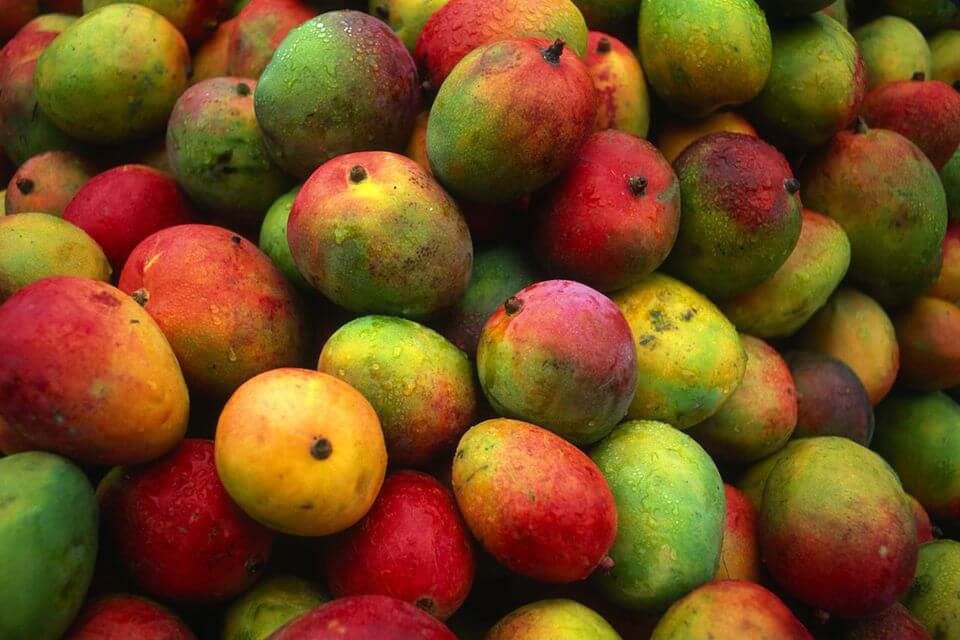National Mango Day: History, Theme, and Significance

Mango, one of the most beloved fruits worldwide and an integral part of Indian history, takes center stage on National Mango Day observed annually on July 22nd. This exquisite fruit can be enjoyed in a multitude of ways, including ice creams, mousses, smoothies, and more. On this special occasion, let us delve into the history and significance of National Mango Day.
National Mango Day: History & Significance
The history of mangoes spans centuries, with the fruit’s cultivation dating back around 5,000 years. Mangoes hold a special place in Indian folklore, with legends mentioning a mango orchard gifted to Lord Buddha, providing shade and respite under its leafy branches. The English and Spanish-speaking nations adopted the term “mango” for this fruit, derived from the Malayan word “manna.” When the Portuguese arrived in Kerala for the spice trade in the 1490s, they modified the name to “manga.”
The migration of mango seeds accompanied humans as they traveled from Asia to the Middle East, East Africa, and South America, beginning around 300-400 AD, and later spreading to other regions across the globe.
In India, mangoes hold the revered title of the “King of Fruits.” People eagerly await the arrival of this succulent and flavorful fruit, cherishing its indulgence throughout the year. The mango represents abundance and joy, making it an integral part of several religious festivities.
Read More: 22 July in Indian and World History
National Mango Day serves as a joyous occasion to celebrate the rich heritage and delightful flavors of this regal fruit. It’s a time to relish its sweetness, savor its unique characteristics, and appreciate its cultural significance. So, join in the festivities on July 22nd and revel in the lusciousness of the mango—the true monarch among fruits.
Observer Voice is the one stop site for National, International news, Sports, Editor’s Choice, Art/culture contents, Quotes and much more. We also cover historical contents. Historical contents includes World History, Indian History, and what happened today. The website also covers Entertainment across the India and World.

